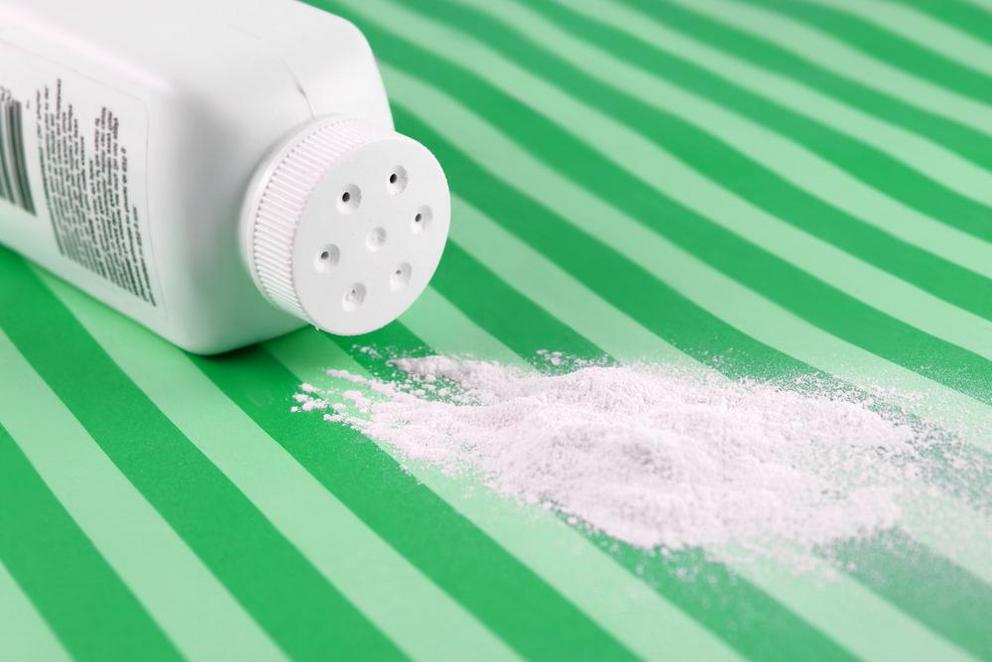Talc Asbestos concerns ignored by EPA Risk Assessment
- critics say
A large consumer advocacy group devoted to preventing asbestos exposure indicates federal regulators did not go far enough when issuing a recent final risk evaluation of asbestos, which found the toxic substance poses unreasonable risks to public health, but failed to address concerns about the toxic fibers in talc consumer products.
The U.S. Environmental Protection Agency (EPA) released its final risk evaluation for chrysotile asbestos several days ago, indicating use of the substance in automotive brakes, gaskets and other products posed an unreasonable asbestos exposure risk to consumers, workers and bystanders. However, critics point out that the evaluation did not mention several types of asbestos or asbestos-containing substances, including talc.
The Asbestos Disease Awareness Organization (ADAO) issued a press release on December 31, which excoriated the EPA’s evaluation, calling it “incomplete and weak,” claiming that the agency ignored public health experts and its own scientists.
The ADAO calls out the EPA for a number of deficiencies in the final risk evaluation, which is the first of a two-part evaluation of asbestos. The second part of the risk evaluation has yet to be released.
According to ADAO, the first part of the evaluation ignored five other types of asbestos, did not consider asbestos health effects such as asbestosis and ovarian cancer, failed to address environmental pathways of exposure, does not account for the risks of “legacy” asbestos found in buildings, and does not make an effort to assess the asbestos contamination of products containing talc. In addition, the group said the EPA relied on “grossly incomplete” information about current use and exposure to asbestos.
“EPA’s final risk evaluation ignores the numerous recommendations of its own scientific advisors and other independent experts by claiming that these deficiencies will be addressed in a future Part 2 evaluation,” Linda Reinstein, president of ADAO, said in the press release. “Based on this sleight-of-hand maneuver, the Agency has issued a piecemeal and dangerously incomplete evaluation that overlooks numerous sources of asbestos exposure and risk, and understates the enormous toll of disease and death for which asbestos is responsible.”
Talcum Powder Concerns
One of the biggest complaints of critics is the lack of evaluation of the recent talc asbestos problems, which have resulted in detection of the toxic fibers in cosmetic talcum powder and other products.
Talc is a mineral which has been used in baby powder and other personal care products for decades. However, it has recently been discovered that some raw ingredients may contain toxic elements, depending on where the talc is mined.
Mineral deposits used for consumer products sold in the United States have consistently been found to be contaminated with amphibole asbestos, including tremolite and anthophyllite, which are carcinogens with no known safe levels.
The FDA recently conducted a year long investigation of cosmetic products containing talc, finding many of the products evaluated by the agency tested positive for asbestos.
The risks associated with talc-based cosmetics depend on how much asbestos the talc may contain, which is especially difficult to know, considering the FDA doesn’t require companies to test for it. Instead, the agency calls for voluntary testing.
Although U.S. law allows products to contain up to 1% of asbestos and still be considered “asbestos free,” researchers warn that it only takes one fiber of asbestos to lodge in the lungs to cause mesothelioma, which can be diagnosed decades later.
In response to growing concerns, Johnson & Johnson discontinued the use of talc-based powder in the U.S. and Canada in May 2020. The move also came as the manufacturer faces thousands of Johnsons’ Baby Powder lawsuits and Shower-to-Shower lawsuits filed on behalf of consumers diagnosed with ovarian cancer, mesothelioma and other injuries that are allegedly caused by talc exposure.

